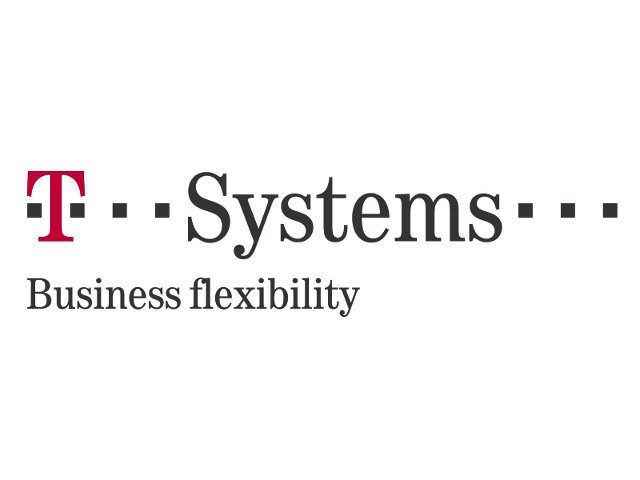By Martin Vergunst, Business Solutions Executive at T-Systems South Africa
Our municipalities and our power utility are owed tens of billions of rand by consumers. It is a precarious financial situation that threatens the viability of our power distribution system and hinders the future growth of the utility and the economy. The net effect for consumers across the country will be homes and businesses that are plunged into further cycles of rolling blackouts – particularly during the winter months when demand surges.
Traditional ways of distributing and billing for electricity, on both prepaid and post-paid systems, have inherent problems. The biggest of these include inaccurate billing data, meter bridging and tampering, ghost vending, unmetered connections, and illegal connections. Fortunately, alleviating this problem does not necessarily mean that our meters need to be ripped out and replaced. The solution is to move towards a smart metering service platform, combined with retrofitted communication modules on the end-point meters.
This transforms the humble electricity meter into an intelligent “smart” meter – enabling two-way communication for capturing and sending meter data to a central store. With this, the utility receives richer data about usage patterns, providing insights and tools that are so essential to ensuring a stable grid. By generating real-time usage data, smart metering drastically improves the accuracy of billing, and pinpoints any faults in the network, as well as any areas where tampering or other illegal activity is taking place. It also signals the end of the fraudulent practice of ‘ghost vending’: generating prepaid electricity tokens by understanding and manipulating the algorithms used to create the tokens.
But perhaps most crucially, smart metering also allows the utility and municipalities to start influencing consumer behaviour through ‘time of day’ price incentives. By better understanding their usage patterns, and seeing which applications in their homes are the worst “electricity hogs”, consumers can start making little changes in the way they use power. Multiplied millions of times over, by every household and office in the country, these little changes will lead to a big difference. Arguably, solving the national power crisis is within our control.
Time-based pricing means that people who buy use electricity at certain times of the day will receive preferential pricing, versus those using power at times of peak demand when the grid is under the most pressure. Although the approved policy is in place by the National Energy Regulator (NERSA) for municipalities to go ahead with time-based pricing, this still needs to be ratified and implemented by the municipalities. However, for this to work, meters need to be connected to a metering system.
Smart metering encompasses a range of features – including:
· Fully auditable readings in real-time, stored and backed-up on central servers
· Secure prepaid token generation produced from an integrated vending system
· Customer alerts – to communicate incidents like maintenance, pressure on the grid, planned outages, or prepaid accounts that are running low and need replenishing
· Assets status and system alerts to management – to help maintain the municipal metering assets
· Supply limitation and control on a consumer level (during network constraints), with added communication services.
· ‘Time of use tariff management – dynamically adjusting rates with a central billing system
As we look towards the future of clean energy, a smart metering platform also creates the opportunity for users to generate their own power (with solar panels, for instance), and supply any surplus power back to the utility. Reverse billing or rebate models can be easily woven into the smart metering platform – to provide users with the incentive to supply power back to the grid. As that age-old management principle suggests: ‘what can be measured can be improved’. Smart Metering is instrumental in empowering municipalities and utilities to reduce outstanding collections, deliver actionable insights and prepare for the future





